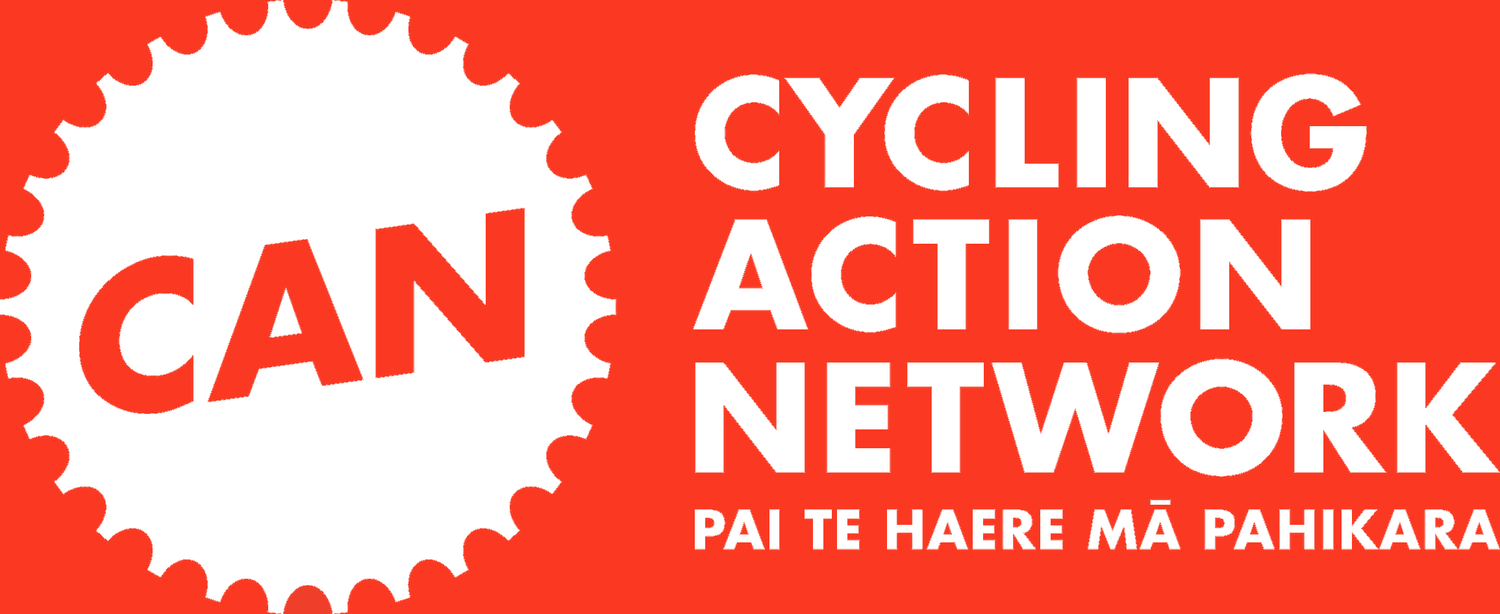Presenting a submission in person
Submissions may be to a Council meeting, special hearing panel, Community Board, or other agency Board meeting
Where the opportunity is available, always request in a written submission the opportunity to present your submission in person. You can always withdraw later if it is not critical
Don't assume your audience have read or can recall your written submission
Reasons for submitting in person
A number of strategic opportunities:
Agencies can become familiar with you/your group
To highlight and reiterate key points of your written submission
To provide additional evidence obtained since your written submission
To counter likely questions/arguments posed by the hearing panel or other submitters
To present information better suited to a visual, auditory, or in-person situation
Opportunity to be reported on by watching media (esp. if controversial or dramatic)
General hints
Dress tidily
Arrive early. This can be useful to gauge any opposition
Briefly introduce yourself and your group first
Thank the audience for their time and attention
Don't speak or interject when it is not your turn
Be courteous. Avoid slanging matches. If some of the panel are hostile, don't get upset. Smile and return to your message
No more than 3 people to present, but others may be there to show support
Identify your key message make them memorable
Highlight your points. Five or 6 at the most. Don't read your written submission word for word.
Plan the flow of your presentation to follow in the direction of your written submission
Practise a timed rehearsal on what you are going to say, to check timing, clarity, & delivery style.
Have people help you anticipate possible arguments/ objections that might be raised so you are prepared with superb responses and counter arguments. If possible deal with those issues in your presentation
Speak clearly and modulate your tone to be neutral and not defensive or accusatory
An occasional strong phrase might be used to stress a point
Use simple, straightforward language. Don't baffle with science or talk down to people. Avoid being too technical
Remember you are probably not speaking to experts
Plan to speak no longer than 5 minutes so the audience will have time to ask questions. Plan an extra 5 minutes in reserve in case there is more time available. Prepare a 3-minute version in case time becomes restricted.
Illustrate your message with personal stories, anecdotes, or experiences. Stories make presentations memorable.
Use non-oral ways of making a point if these fit in with your topic e.g. bring a relevant prop, photos, slides, Powerpoint slides, or do a role play. Check if staff need time to upload your photos or presentation.
If you want changes to what a Bill says, or want an inquiry to make certain recommendations, make it clear and provide wording
Bring multiple copies of any additional evidence for everyone. Perhaps ring beforehand to find out how many are on the hearing panel hearing your submission and then bring a few extras
Stick around until the next break, as often Councillors will want a quiet chat. This is a great time to build better relationships with Councillors and staff.

